Say you want to fly to the US. Did you know that you’ll pay less in fuel surcharges if you use your Qantas Points on an American Airlines flight rather than a Qantas flight?
This is the second guide in a two-part series looking at how to minimise the taxes, fees and fuel surcharges on flight bookings. That’s regardless of whether they are included in a paid ticket or a points redemption.
There are two key tactics to minimising these fees:
- Choosing where you fly to or from (our first guide): government- and airport-imposed fees
- Airlines and frequent flyer programs to use to reduce costs (this guide): airline- and frequent flyer program-imposed fees
Velocity Frequent Flyer: you’ll pay more when flying internationally or on Etihad or Delta

Amongst the two major easy-to-earn frequent flyer programs in Australia (the other being Qantas), Velocity generally has lower taxes and fees attached to its bookings.
However, on all Virgin Australia flights as well as Delta Air Lines flights between Sydney and Los Angeles, you’ll pay carrier charges. These charges are increasing on 8 January 2020. You can read all about them here.
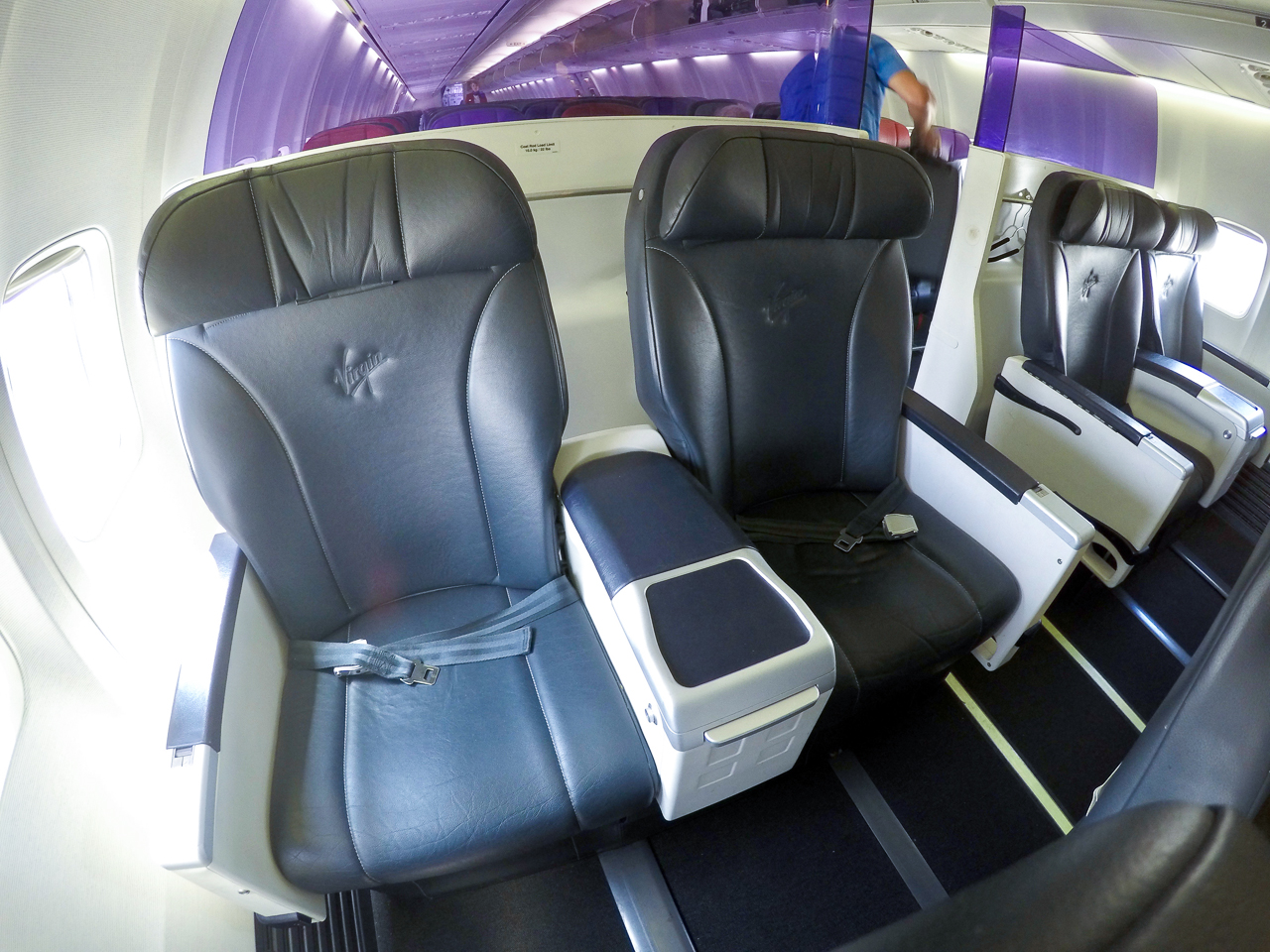
Similarly, using Velocity Points for redemptions on Etihad attracts a hefty Etihad Airways Reward Seat Carrier Charge.
As alternatives, fuel surcharges tend to be quite reasonable when redeeming your Velocity Points for travel on Singapore Airlines. The same goes for Hawaiian Airlines and Delta (other than Sydney – LA flights).
And you’ll find that fuel surcharges on infant fares are non-existent.
If you have access to Etihad Guest miles, then using them for Virgin Australia travel can represent great value (detailed later in this guide).
Qantas Frequent Flyer: moderate-to-high surcharges except for redemptions on American Airlines and Japan Airlines
One of the biggest annoyances for most people when using Qantas Points were the fuel surcharges they slugged you with when redeeming points. For Economy Class flights, these could often be a deal breaker for using points when fares are cheap.
However, Qantas recently announced an overhaul to their frequent flyer program that has seen a reduction in carrier charges across the board, from Economy through to First. While these reductions do not suddenly make Qantas the new market leader for fees and charges, it has definitely made them more competitive with other programs.
Qantas passes on fuel surcharges for travel with most of their frequent flyer partners.
However, if you are willing to look away from Qantas for your flights to the US—and that might be a tough ask—you can save a bunch of money by redeeming with American Airlines or Fiji Airways. American Airlines is one for which only taxes and fees are imposed, not fuel surcharges. That makes the co-payment when using points much lower.

As with Velocity, Qantas does not add fuel surcharges to infant fares.
In addition, using Qantas Points for redemptions on Japan Airlines will result in reasonable fuel surcharges compared to other partners like British Airways and Qatar Airways.
Read our guide to airlines with the lease surcharges using Qantas Points and comparison of Qantas and Virgin Australia award seat surcharges.
Cathay Pacific Asia Miles: save money with certain partners
Cathay Pacific’s frequent flyer program used to be one of our favourites for lower-than-average redemption rates, however, that is no longer the case.
Plus, fuel surcharges were added to flights departing Hong Kong in November 2018.
The following airlines, however, still attract no/low fuel surcharges when using Asia Miles:
- Aer Lingus
- American Airlines (except flights to/from Europe)
- Iberia
In addition, for award tickets for Cathay Pacific flights issued from 1 May 2020 onwards, it is expected that there will be no fuel surcharges applied. The two exceptions to this rule are flights to/from Japan and The Philippines. More on that here.
Singapore Airlines KrisFlyer: no fuel surcharges on Singapore Airlines, SilkAir or United flights

Singapore Airlines’ frequent flyer program used to be notorious for adding high fuel surcharges to award tickets. However, that is no longer the case for the three airlines mentioned above.
Etihad Guest: low surcharges on domestic Virgin Australia flights but phone to book
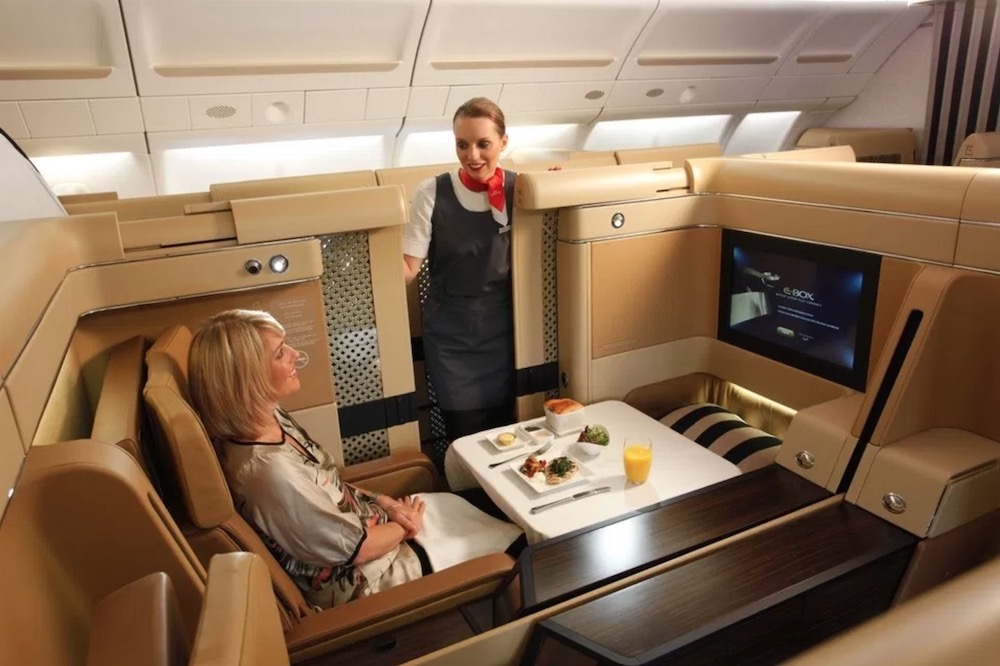
Redeeming your Etihad Guest Miles for travel on Virgin Australia is often a low-fuel-surcharge option for domestic flights within Australia. However, note that it is not straightforward, requiring a phone call to book.
American Airlines AAdvantage, United MileagePlus, Delta SkyMiles & Avianca LifeMiles: US airlines lead the pack in low fuel surcharges
The three US legacy carriers, American, United and Delta plus Avianca’s LifeMiles program all avoid adding on fuel surcharges in most cases. However, the notable exception is AAdvantage subjecting redemptions on British Airways and Iberia to an extra cost.
The most common way for travellers from our region to get their hands on points in these programs is through buying miles promotions:
British Airways Avios: stay away from BA and direct your attention to its partners
BA’s frequent flyer program is famed for adding high fuel surcharges, especially to its own flights. Therefore, the best value is to be found on its partner airlines.
Here are some of our tips for booking the best-value award flights with your Avios points:
- Focus on domestic redemptions on partner airlines: within Australia on Qantas, the US on American Airlines, Japan on Japan Airlines, and Europe on Aer Lingus

- If you do want to make a redemption on an Iberia-operated flight, your fuel surcharges will be lower if you redeem your Avios through Iberia Plus rather than British Airways. You can transfer your Avios between British Airways and Iberia at 1:1. However, do note that in order to transfer your Avios to an Iberia Plus account, that account needs to be open for at least three months. It must also have previous points activity (credit your next Qantas flight to Iberia)
How can I calculate the fuel surcharges on a ticket?
Fuel surcharges are shown as a co-payment when you are searching for flights as a points redemption on a frequent flyer program website like Velocity or Qantas Frequent Flyer.
You can look there for the exact amount of fuel surcharges added. Or you can get a pretty accurate estimate of these surcharges by searching on Google’s ITA Matrix.

For example, when I searched for a Business Class ticket from Sydney to Singapore on British Airways, I got the following cost breakdown:
The first line is the base airfare. You’ll avoid this cost if you are redeeming points for an award ticket.
The next two lines are taxes and fees charged by the Australian Government and airport authorities.
And the last line is fuel surcharges (using acronyms YQ and/or YR), which come from the airline itself.
Summing up
Many of us have been in the situation where we have found an available award seat that suits us ideally. However, at the end of the booking process, we are slugged with high fuel surcharges.
Knowing that you can use your points in a particular frequent flyer program for travel with partner airlines can often open up better-value redemptions.
How have or do you reduce your surcharges when redeeming award seats? This is a dynamic guide, so please comment below and we can add it in!
Featured image courtesy of Flickr. All other images courtesy of respective frequent flyer programs.
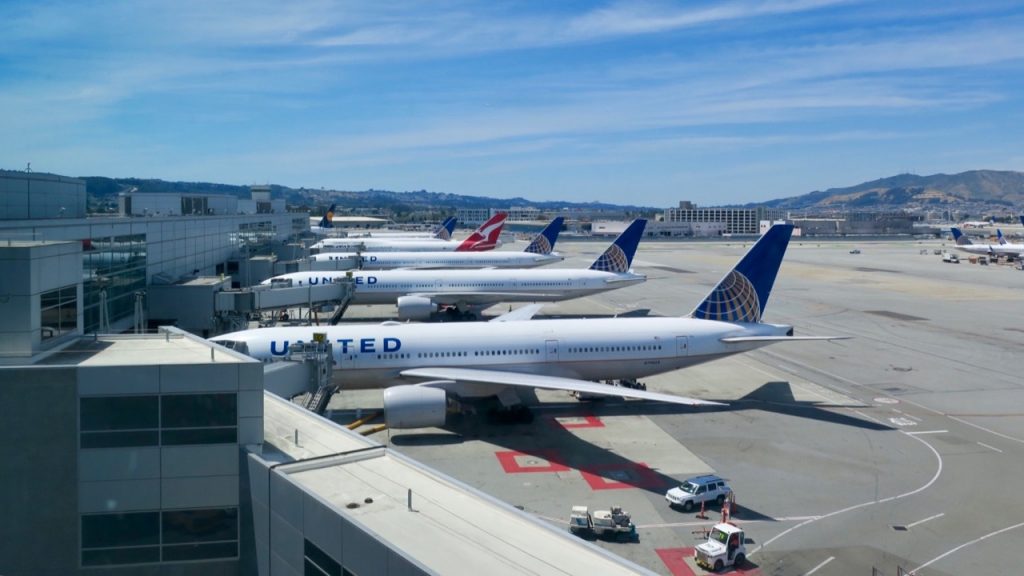

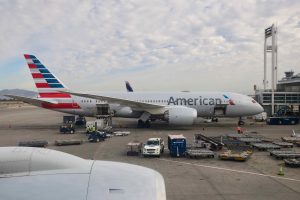

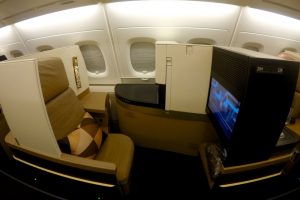
Is there an item about ADL-DUB (or any UK ) return on premium econony or PE upgrade.
Member of Alaska AirMiles, Qantas Ff, Velocity, Asia MILES, but would need to buy in miles in any scheme or use the upgrade.
I intend to fly May 2019 and thanks for the opening dates on the various award schemes.
My preference would be Cathay Pacific or Qantas dreamliner out of Perth.
Alaska AM do not show a result for Cathay to Europe.